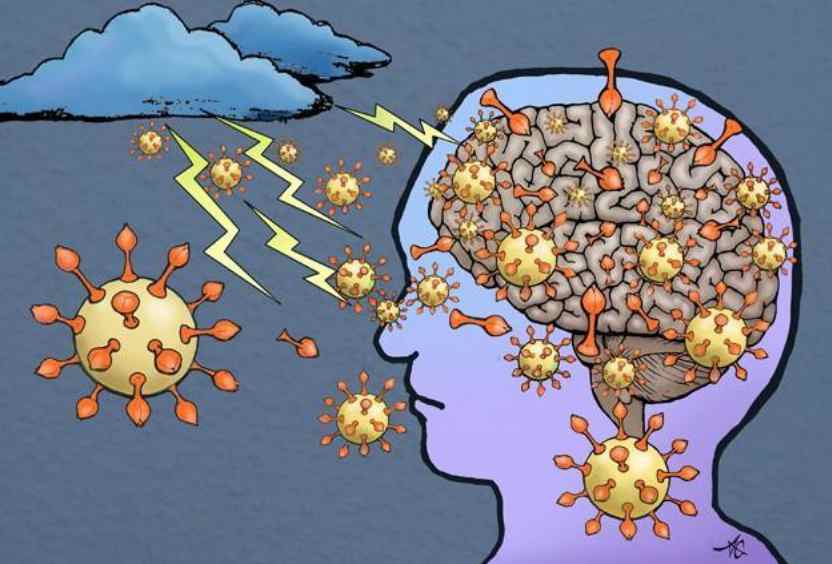
ATLANTA —Casey Kasem’s heartbreaking diagnosis of Lewy body dementia is all over the news. The Associated Press reports Kasem, 82, had previously been incorrectly diagnosed as having an advanced form of Parkinson’s disease. But what is Lewy body dementia and why might it misdiagnosed as Parkinson’s or Alzheimer’s disease?
Lewy body dementia (LBD) afflicts 1.3 million Americans, and is a progressive brain disorder in which Lewy bodies (abnormal deposits of a protein called alpha-synuclein) build up in areas of the brain that regulate behavior, cognition, and movement.
“Lewy body dementia is often misdiagnosed as Alzheimer’s disease or Parkinson’s disease, but is a unique condition,” said Dr. James E. Galvin, a professor of neurology and psychiatry at NYU Langone Medical Center and board member of the Lewy Body Dementia Association (LBDA).
“It’s not surprising Casey Kasem was misdiagnosed,” added Michael Koehler, President of the Lewy Body Dementia Association. “LBD is the most misdiagnosed form of dementia, and it takes on average over 18 months and three doctor visits to receive a correct diagnosis of LBD.” Koehler adds most people are not diagnosed until at moderate or severe states.
“Hallucinations, delusions and severe disruptions in sleep are also common in LBD, but much less common in Alzheimer’s,” Galvin said. “In addition, LBD patients might be severely sensitive to certain psychiatric and other medications and can suffer potentially serious adverse reactions if they’re given the drugs.”
Symptoms may resemble Alzheimer’s and Parkinson’s disease, particularly early in the course of the disease. LBD is different from Alzheimer’s disease with prominent visual hallucinations and fluctuating cognition. Other LBD symptoms not commonly seen in Alzheimer’s disease include changes in walking or movement or parkinsonian features, and rapid eye movement (REM) sleep behavior disorder. LBD differs from Parkinson’s disease due to early changes in memory and thinking and the presence of visual hallucination.
Correct early diagnosis can protect patients from receiving medications and treatments that could make symptoms worse.
– See more at: https://www.lbda.org/content/casey-kasem-diagnosed-little-known-dementia#sthash.y5Ysse3y.dpuf




